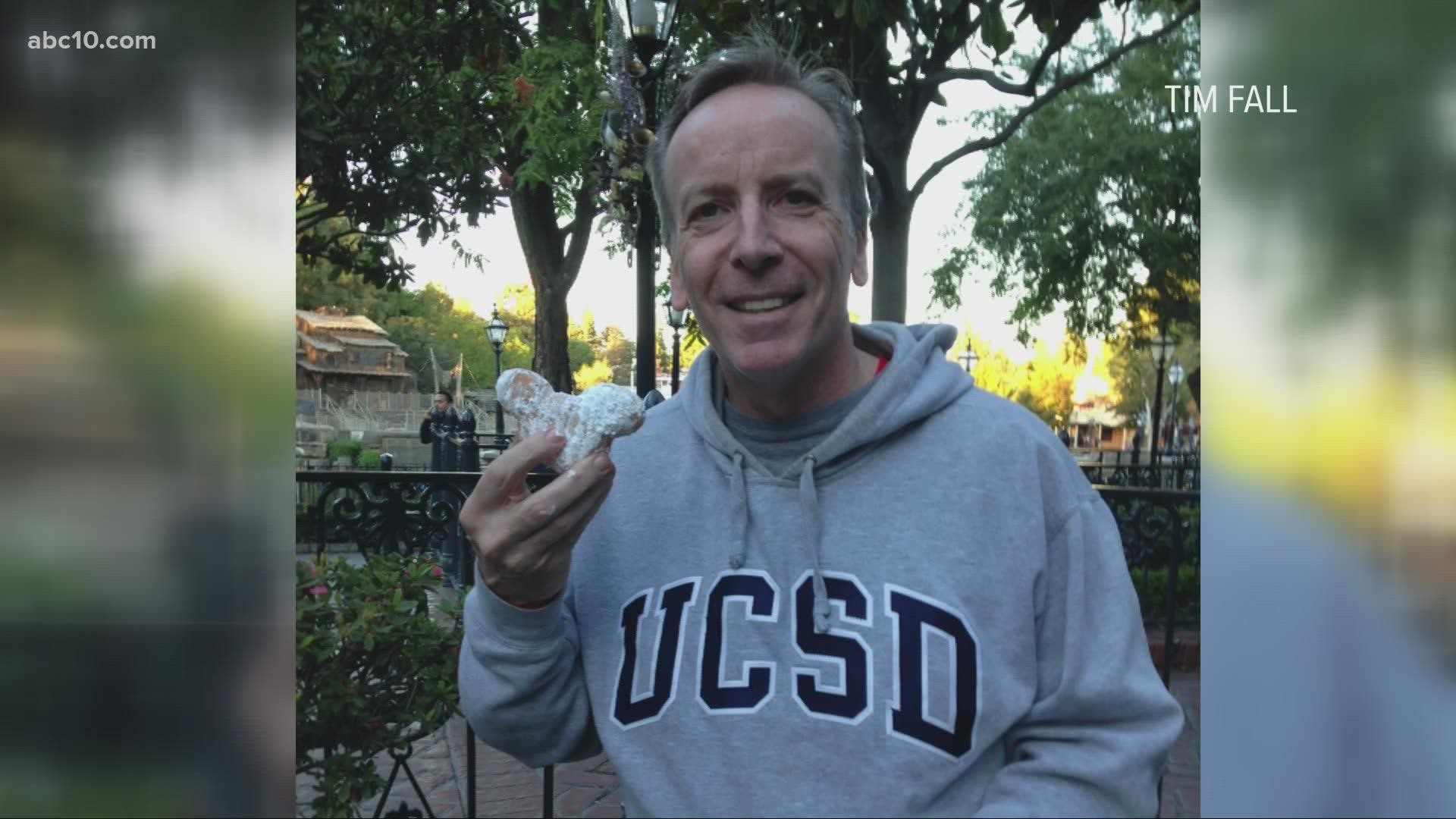SACRAMENTO, Calif. — California Superior Court Judge Tim Fall says he was made for his job, but that doesn't mean it's easy.
"Sometimes people will ask you, 'how can you be a judge? I couldn't do that. I couldn't try to make decisions about other people' and I just don't look. It's how I'm made. I like taking information. I like figuring out what the solutions are," Fall said.
However, Fall is navigating a anxiety disorder. He was first diagnosed after a difficult time in his career.
"I was up for re-election in 2008 and I'd gone through two election cycles already. I was appointed to the bench in 1995, had an election cycle in 2000, in 1996, and then again in 2002. No one ran against me. They just declared the winner. Then 2008, it happens that someone actually runs against me. It threw me into severe anxiety with depressive episodes," Fall said.
He had trouble sleeping, lost more than 30 pounds, and couldn't concentrate. His doctor prescribed him medication and with a focus on coping strategies, he's now able to manage his anxiety.
"I've had people who knew me well and and saw me a lot at that time and afterwards said 'I had no idea that's what you were going through'," Fall said. "You can have something like an anxiety disorder or other mental health issue and still get the job done. It doesn't disqualify you."
UC Davis Clinical Professor Dr. Angela Drake says everyone experiences anxiety in the workplace, from fast food workers to CEOs.
"Rather than waiting for people to really have anxiety or panic, if we're really paying attention to the signals," Drake said. "Those are the kind of things that I really encourage folks to to implement in their daily life."
Drake added that paying attention to your anxiety is the key to managing it. When it comes to deciding if you need professional help, she puts the need in three categories. If anxiety is causing physical symptoms, if you feel you can't partake in everyday activities, or you are thinking of self-harm, its time to reach out to a professional and get on track to feeling better.
ABC10: Watch, Download, Read
Watch more from ABC10
Nearly two years of COVID-19 takes mental health toll

















